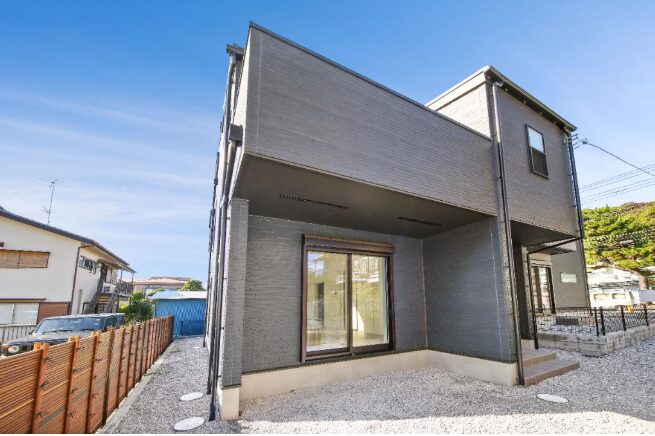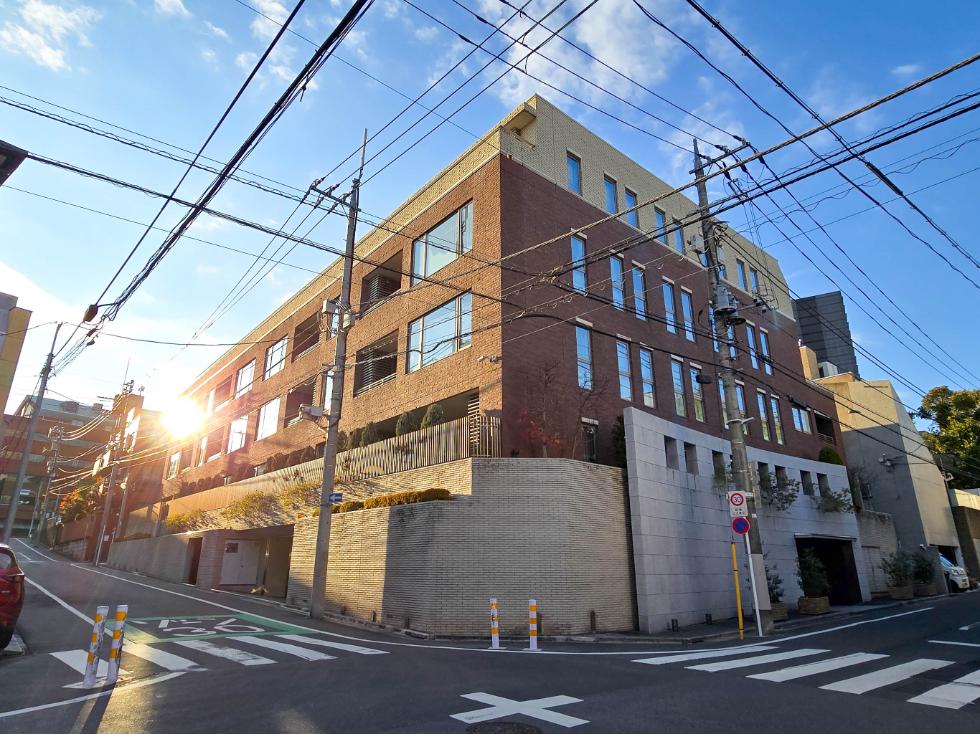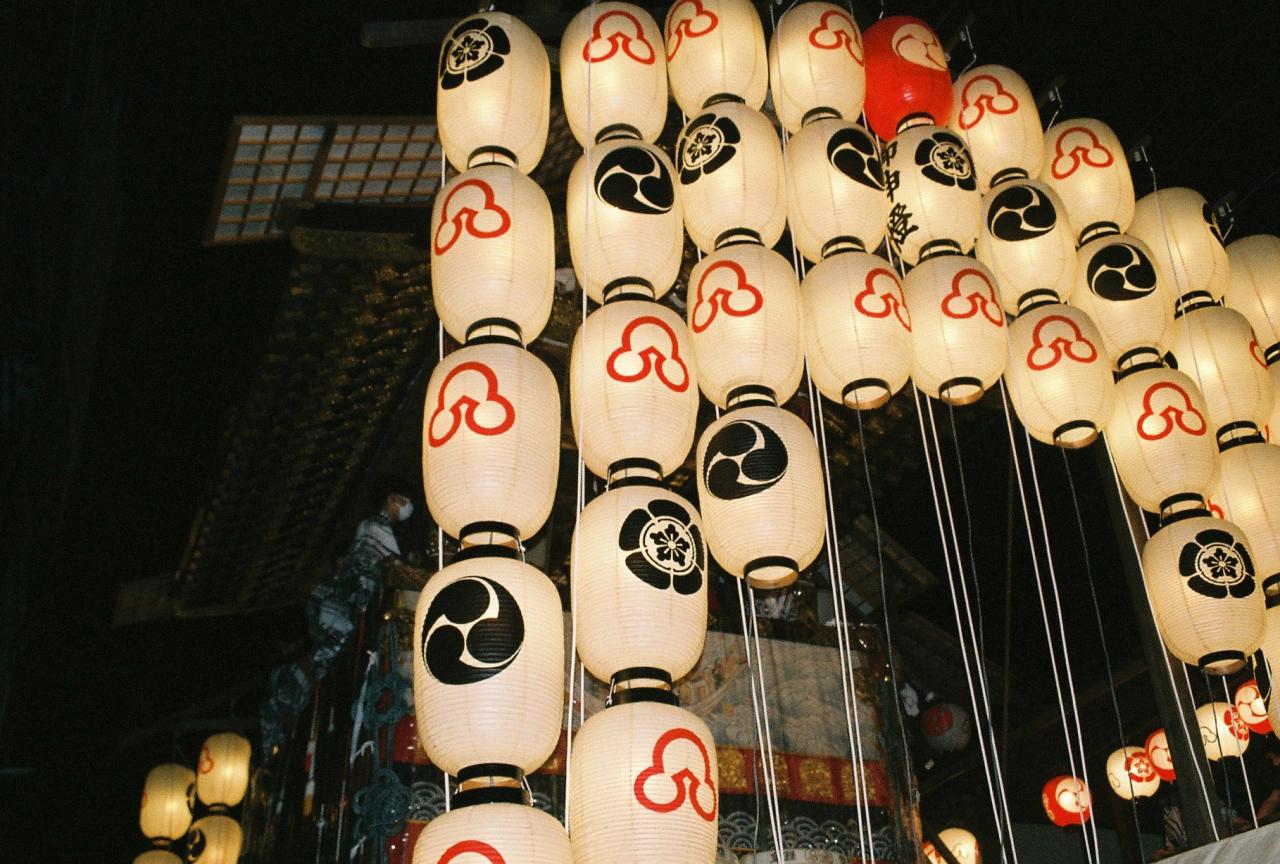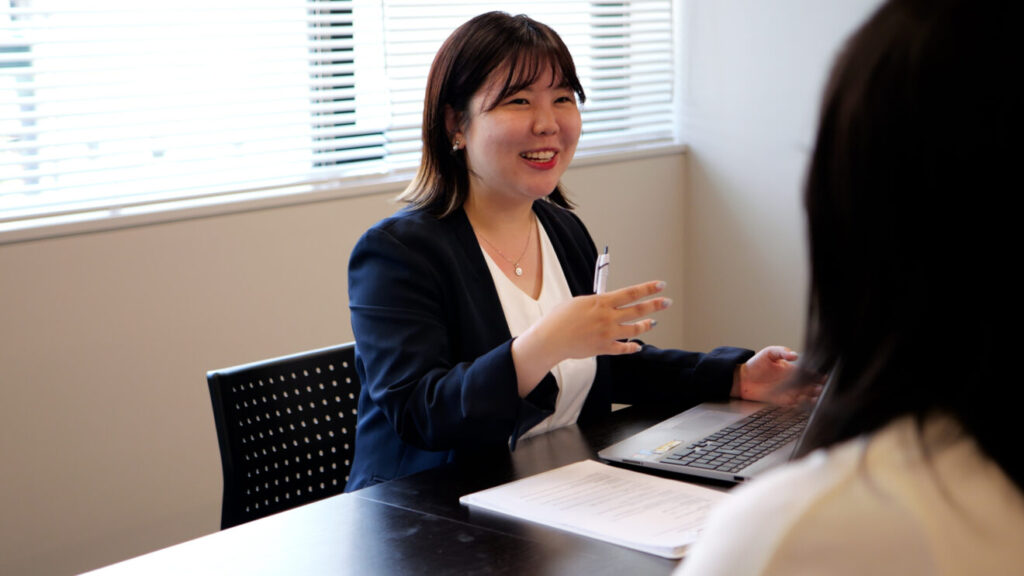Prologue
Japan, often called the “Kingdom of Politeness,” lives up to that name in nearly every aspect of life—from customer service to interpersonal relationships. Japanese people are renowned for their calm, respectful, and smooth communication style.
But when you’re involved in a business relationship with someone from Japan, do you truly understand what they are trying to say? Phrases like:
- “Yes, I totally understand how you feel, but it may be difficult to…”
- “Maybe next time…”
- “You can do it if you want, but we won’t be involved…”
These might leave you confused—or even frustrated.
Japan is perhaps the only country in Asia that can evoke such polarized emotions: on one hand, you may feel deeply respected; on the other, you might feel completely dismissed by what seems like a cold, passive system of rules and vague boundaries.
The History Behind Japan’s Harmonious Communication
One of the core values of Japanese society is encapsulated in the concept of “和” (wa)—meaning harmony.
In ancient agricultural Japan, survival depended on cooperative effort. Communities had to work together to maintain crops, prepare for seasonal changes, and respond to natural disasters. Over time, this need for collective action shaped not only daily life but also national character.
This mindset of unity and cooperation is seen clearly in Japan’s earliest legal document: the Seventeen-Article Constitution, written by Prince Shōtoku (聖徳太子, 593–622 AD). In it, he famously stated:
“Harmony should be valued and quarrels should be avoided… everything will be reasonable spontaneously. Then there is nothing which cannot be accomplished.”
This philosophy has since become deeply rooted in Japanese culture and continues to influence behavior across all layers of society.
The Art of Indirectness in Japanese Communication
To preserve harmony, direct rejection is often considered impolite or even aggressive in Japan. Instead, Japanese people prefer to say “no” in more subtle, euphemistic ways.
They might use:
- Cushion Words (クッション言葉, kusshon kotoba) are set phrases strategically used in Japanese communication as a polite preamble to soften the impact of difficult statements. Their function is to show consideration and humility before delivering requests, refusals, criticism, or bad news, thereby preserving social harmony and preventing the listener from feeling offended or burdened.
- Polite ambiguity—statements that sound positive but subtly convey a negative message such as using 難しい. .It express the nuance of “its possible but it might really difficult”.
- Non-verbal signals—a pause, a smile, or the tone of voice can suggest rejection without a word of refusal being spoken.
Reading the Air: The Art of Indirect Communication in Japanese Culture
If you’ve ever interacted with Japanese people or spent time in Japan, you may have noticed a fascinating cultural trait: instead of directly confronting or refusing, communication often happens in subtle layers. A concept known as 空気読み (kuuki yomi)—literally “reading the air” or “reading the atmosphere”—plays a central role.
This isn’t just about being polite. It’s about understanding unspoken signals, choosing the right moment, and maintaining harmony in social situations. In Japan, how you say something often matters more than what you say.
What Does 空気読み Really Mean?
空気読み refers to the ability to sense the mood, context, and unspoken expectations of others. It’s about doing the “appropriate thing at the appropriate time” without needing to be told directly. In communication, it means listening not only to words, but to tone, pauses, facial expressions, and timing.In contrast to many Western cultures, where being direct is often appreciated as honest and efficient, Japanese communication leans toward indirectness—especially when it comes to saying “no”.
Real-Life Example: Saying “No” Without Saying “No”
Let’s say you’re invited to a party… by someone you don’t particularly enjoy spending time with.
In many cultures, you might politely but clearly say:
- “I’m not really into that.”
- “Thanks, but I’ll pass.”
But in Japan? A direct refusal is often seen as too harsh or even rude. Instead, you might hear:
“行きたいけど…スケジュールを確認してみるね。”
“I’d love to go!But let me check my schedule…”
(A few days later…)
“本当に行きたかったけど、その日はちょっと…”
“I really wanted to go, but unfortunately that day is a bit difficult…”
Even if their calendar is completely open, this approach shows respect, appreciation, and a desire not to offend, even if the answer is essentially still “no.”
また今度 (Mata Kondo): The Gentle Brush-Off?
Another famous phrase that hides rejection in politeness is:
また今度ね!
“Let’s hang out again soon!”
While it can mean just that, often it’s a gentle way of saying “No thanks”—without ever actually saying it. It’s non-confrontational and leaves the door open, even if the speaker has no intention of making plans again.
Be careful here—if someone repeatedly replies with また今度 when you invite them, take the hint. Persisting too much might make them uncomfortable or even annoyed.
But… Can Indirectness Go Too Far?
Japan is known for having one of the most complex languages in the world—complete with 五十音 (gojuuon, the Japanese syllabary), カタカナ (katakana), ひらがな (hiragana), and 漢字 (kanji). But even if you master the language, that doesn’t mean you’ll immediately grasp the subtle layers of 空気読み.
In fact, many Japanese people themselves admit to struggling with it—especially younger generations. And in some regions, like Kyoto, communication becomes even more nuanced. Kyoto dialect, known for its elegance and politeness, often hides criticism or refusal behind what sounds like praise.
But that’s a topic for another blog post.
Why a Bilingual Real Estate Agent Can Be a Game-Changer—Especially When Dealing with Japanese Clients
If you’ve ever done business with someone from Japan—or even just had a casual conversation—you may have noticed something unique: people often don’t say exactly what they mean. But that’s not because they’re being dishonest. In Japanese culture, harmony (or wa) is incredibly important, and that means avoiding direct conflict or blunt refusals. Instead of saying a hard “no,” someone might say, “I’ll check my schedule” or “Maybe another time,” even if they have no intention of following up.
This polite ambiguity is part of a communication style known as 空気読み (kuuki yomi)—literally “reading the air.” It’s about sensing unspoken cues, body language, timing, and context. For outsiders, especially in high-stakes situations like real estate transactions, this can be… well, confusing.
That’s where a bilingual real estate agent becomes more than just a translator—they become a cultural bridge. They can catch the subtle signals, interpret the real message behind the words, and help both parties feel understood and respected. Whether you’re buying, selling, or negotiating, having someone who truly understands both languages and cultures can prevent costly misunderstandings and keep the process smooth and respectful.
So if you’re thinking about entering the Japanese market—or working with Japanese clients in your own country—partnering with a bilingual agent isn’t just helpful. It might be the smartest move you make.
START YOUR JOURNEY TODAY
Ready to buy property in Japan? Let Mr. LAND guide you toward making your dream a reality. Browse our listings, book a consultation, or contact our friendly team for more information.
Don’t wait—take the first step toward owning your dream property in Japan today!
START YOUR JOURNEY TODAY
Ready to buy property in Japan? Let Mr. LAND guide you toward making your dream a reality. Browse our listings, book a consultation, or contact our friendly team for more information.
Don’t wait—take the first step toward owning your dream property in Japan today!










